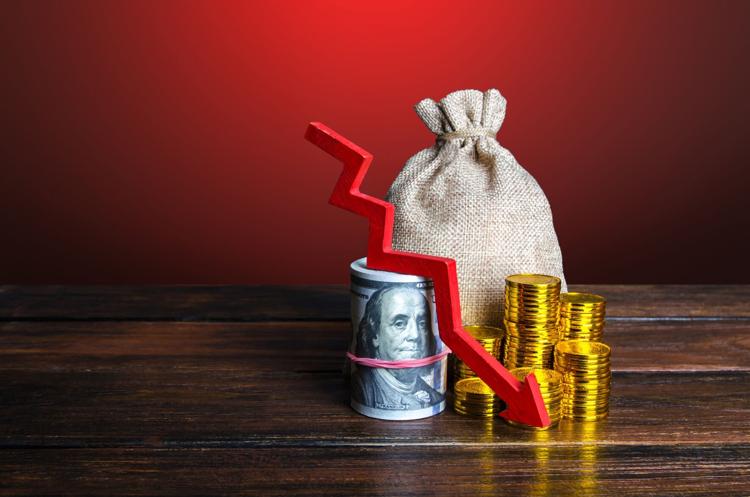(The Center Square) – Pennsylvania is riding high on state tax revenues at the moment, but estimates for the future are less rosy: there’s a threat of a “growth recession.”
The Independent Fiscal Office had a somber tone when it released its initial revenue estimates for fiscal year 2022-23, estimating there is a 60% chance of economic stagnation or a growth recession. That means minimum real growth, high inflation, a drop in real wages, and a hiring slowdown.
The IFO estimated a 30% chance of recession, where real GDP falls, the country experiences a major stock market and housing correction, and jobs either stagnate or contract. They estimated a “soft landing,” where inflation drops and no recession hits, at 10%.
Transportation and warehouse jobs, and professional and technical jobs, have grown (by 57,000), but not enough to compensate for jobs lost in health care-social assistance, hotel and restaurants, and government sectors (a loss of 129,000 jobs).
The IFO’s projections are in line with other forecasters, though less dire, as the IFO expects stagnation rather than no growth or decline. Moody’s Investors Services predicts a 50% chance of a recession in the next 24 months, Goldman Sachs predicts a “very very high risk” of recession, and Fannie Mae expects a recession in the second half of 2023, IFO Director Matthew Knittel noted.
While actual tax revenues in recent months have been higher than the IFO expected, those revenues have been driven by inflation pushing capital gains income up. However, the end of money from federal stimulus programs and inflation filtering out across the economy into wages and other areas will mean a slowdown.
That threat of stagnation has made some critics wary of government spending.
“The IFO’s forecast gives numerous reasons why lawmakers should practice fiscal restraint this year and not drain state coffers in an election-year spending binge,” said Nathan Benefield, president of the Commonwealth Foundation. “Gov. Wolf’s proposed budget spends $2.7 billion more than revenue. This is not sustainable; lawmakers should limit appropriations to match revenues and keep government spending in line with taxpayers’ ability to pay.”
“Pennsylvania might fare somewhat better if there is a recession because the primary industries are less cyclical (e.g. we rely less on tourism) and we have a larger health care sector that is more stable,” Knittel said. “We usually do better during recessions and not as well during booms.”








